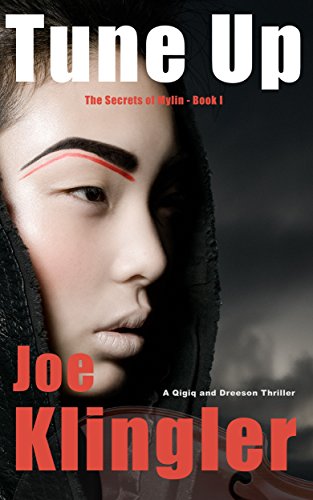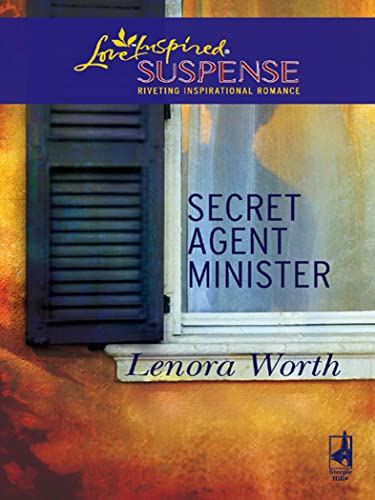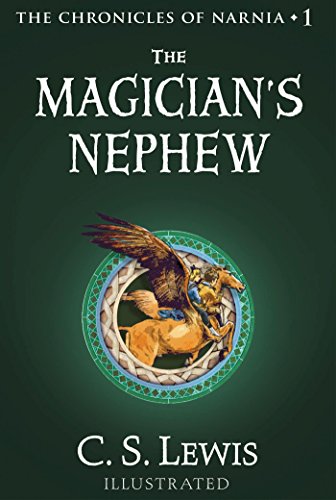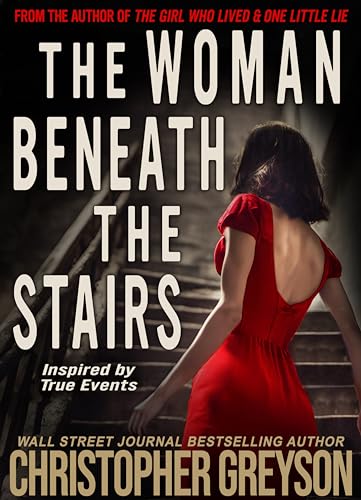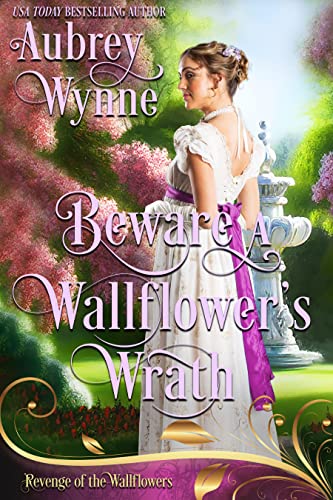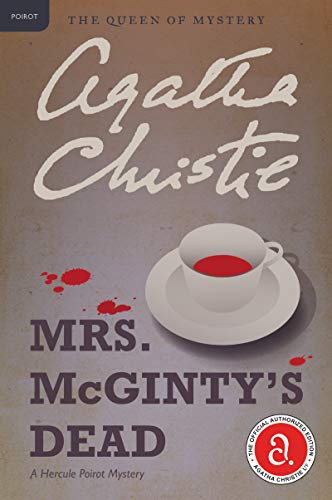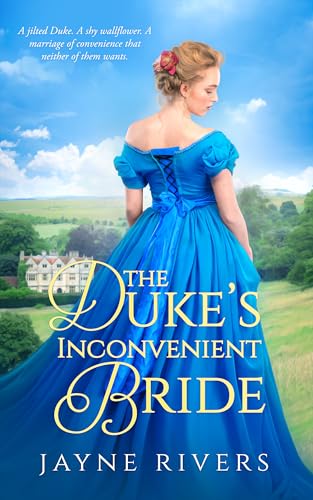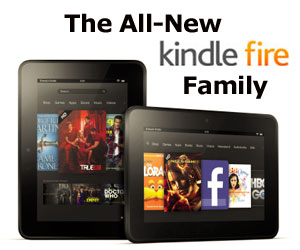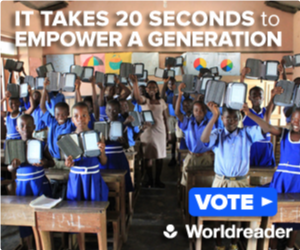
In today’s Publetariat Dispatch, Diane Morrow shares resources for using writing to work through grief.
This post, by Diane Morrow, originally appeared on her One Year of Writing and Healing blog. It is reprinted here in full per the blog’s Creative Commons licensing terms, and seems especially appropriate at this time, in the wake of the Newtown tragedy.
There’s a story by Anton Chekhov entitled, simply, “Grief”–also sometimes called “Misery”–which speaks beautifully, I think, to what grief may require–and to how the process of writing might contribute to the healing of grief. Not so much the erasure of grief. And not, certainly, the erasure of memories. But the healing of grief.
I’ve included a brief piece about this story below. I’ve also included links to a brief summary of the research on writing about grief, several writing ideas, and a list of resources–both books and websites.
I. The Chekhov Story
When the story begins a cab-driver waits at twilight in the snow for a fare. His son has died the previous week. He waits a long time in the snow, and then finally—a passenger. As the evening wears on, the cab-driver attempts conversation with three different passengers. Three different times he attempts to tell his story—what has happened with his son. Each of the three interrupts him. One closes his eyes to stop the story. One informs him that we all must die. One simply gets out of the sleigh. Still later, the cab-driver attempts to stop and speak with a house-porter, but the house-porter tells him to drive on.
There’s so much that the cab-driver needs to tell. Chekhov writes:
One must tell it slowly and carefully; how his son fell ill, how he suffered, what he said before he died, how he died. One must describe every detail of the funeral, and the journey to the hospital to fetch the defunct’s clothes. His daughter Anissia remained in the village—one must talk about her too. Was it nothing he had to tell? Surely the listener would gasp and sigh, and sympathize with him?
The details must be told. And then—that gasp—that sigh—from the listener.
At the end of the day the cab-driver returns to the stables. He begins to speak to his horse:
Now let’s say you had a foal, you were that foal’s mother, and suddenly, let’s say, that foal went and left you to live after him. It would be sad, wouldn’t it?
The horse munches his hay and breathes his warm breath—and does not interrupt him. And that is how the story ends—with the cab-driver telling his story, finally, to his horse.
Perhaps what grief requires, as much as anything, is that the process not be interrupted. That it find a time and a place in which to unfold–with a companion (when possible) and without (too much) interruption. And, perhaps, at least for some of us, writing can play a role in this process.
Writing as a companion that does not interrupt? Writing as a prelude to telling the story to a companion?
II. Research on Writing About Grief
An Introduction to the Research on Writing About Grief
III. Advice about Writing to Heal Grief
A Word of Caution About Writing and Healing
IV. Writing ideas for Healing Grief
Falling Apart
Lifelines
Considering a Package
Listing What Remains
V. Resources for Writing to Heal Grief
Here I’m including brief pieces I’ve written on selected books and websites that can offer company in the healing of grief. (This list is a work in progress and I plan to continue adding to this list.)
On Broken Vessels. A collection of essays by Andre Dubus.
On When Things Fall Apart. A collection of brief essays by the Buddhist nun, Pema Chodron.
On Grief, Loss and Recovery. A website.
On Writing the Heartache. A Website






